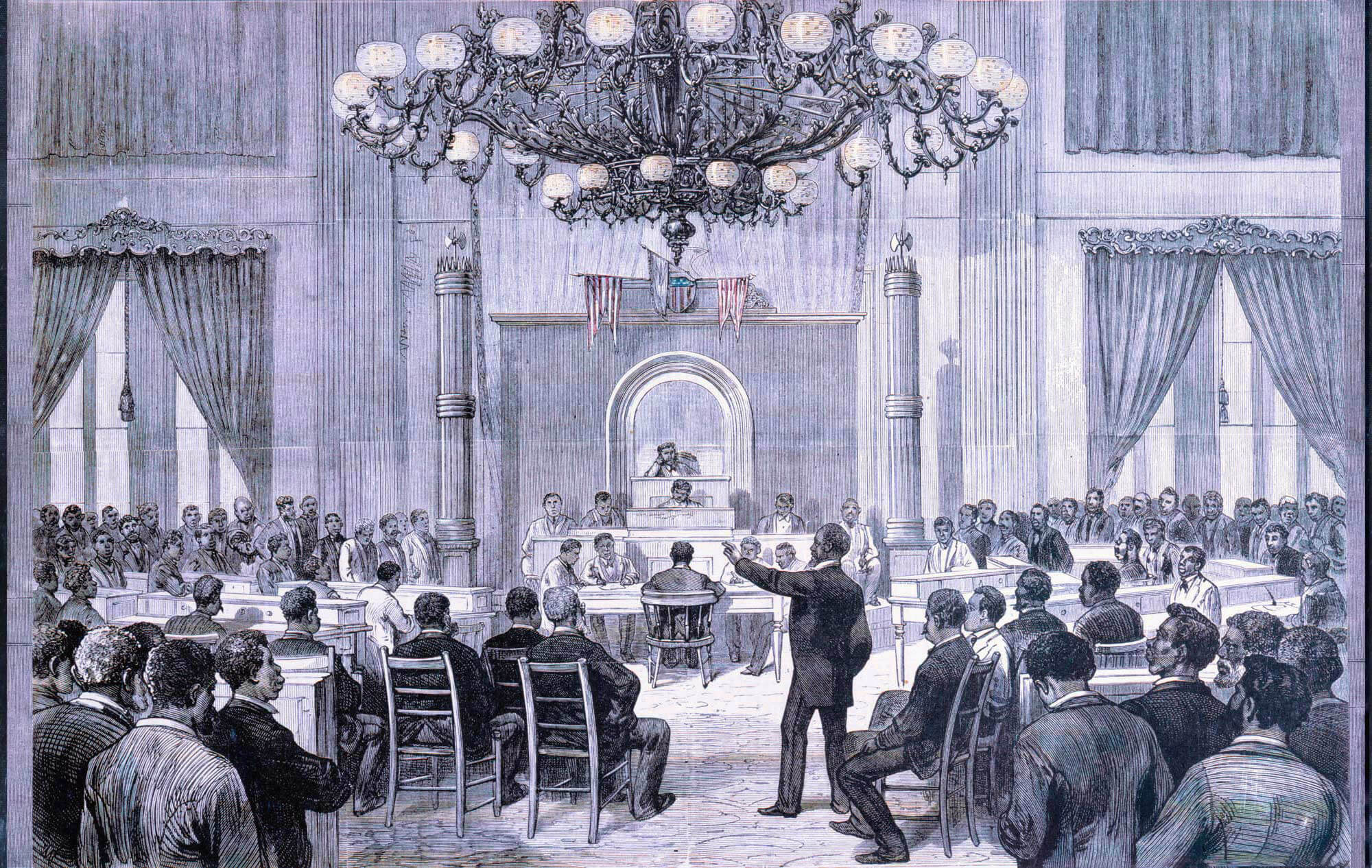Predoctoral Fellows, History of the Civil War Era
The Richards Civil War Era Center, in the College of the Liberal Arts, Penn State, invites applications for two 2025-26 predoctoral dissertation fellowships in the history of the Civil War Era.
The Richards Center conceives of the Civil War Era broadly. We especially welcome projects related to the history of slavery, emancipation, and their legacies and the history of struggles for freedom and democracy in the United States. This is a limited-term (one-year) fellowship for advanced graduate students who are in the writing stage of their dissertation. During their residency, the fellows will primarily perform their research; they will have no teaching or administrative responsibilities. The fellows will be expected to make progress on their dissertation and to take an active part in the Richards Center and Penn State’s community of researchers.
The fellowship includes a $40,000 stipend and $3,000 in research funds. The Richards Center will coordinate payment of the stipend through the recipient’s graduate institution. The successful applicant must receive approval from their graduate program to accept the fellowship.
Application Process and Submission Process
To be considered for this position, submit a complete application packet including a cover letter describing your dissertation project and goals for the year, a curriculum vita, and a list of three references to Barby Singer at bqs6@psu.edu.
We will request additional materials and letters of recommendation from candidates who advance in the search process. Review of materials will begin March 1, 2025, and continue until the position has been filled. Please direct questions about the process via email to RichardsCenter@psu.edu.
